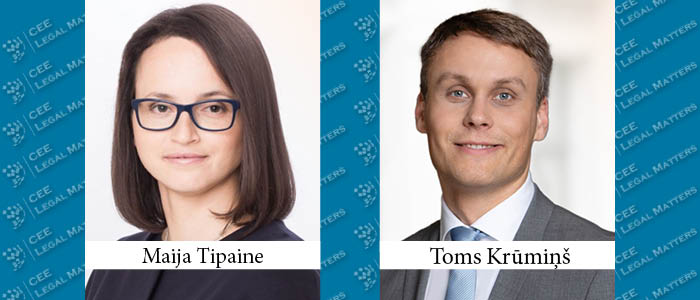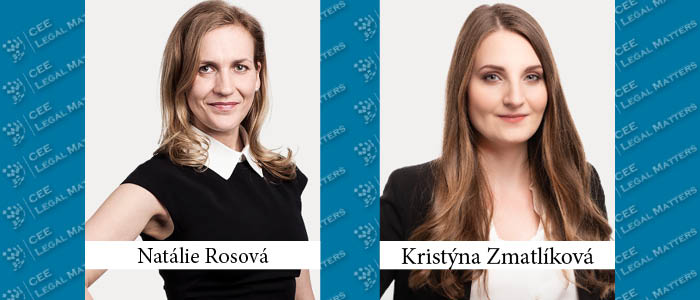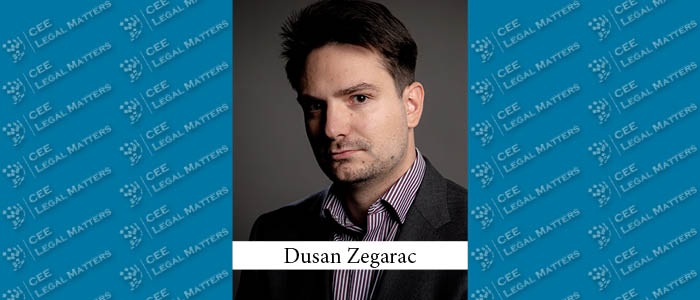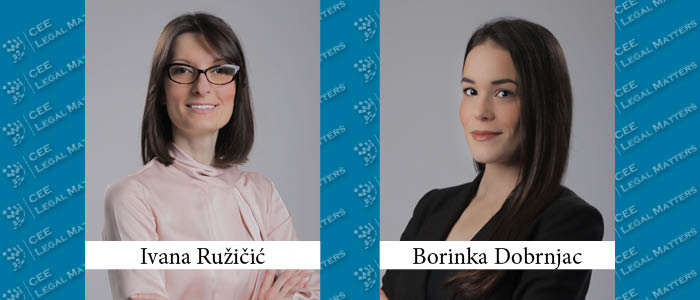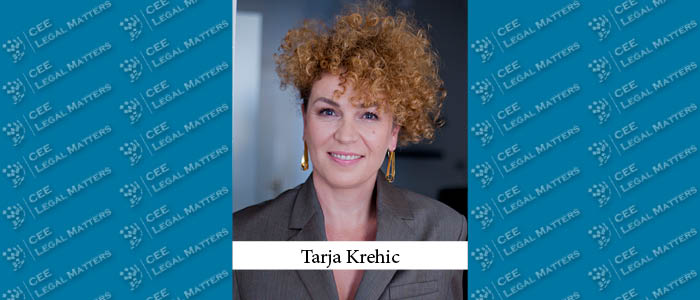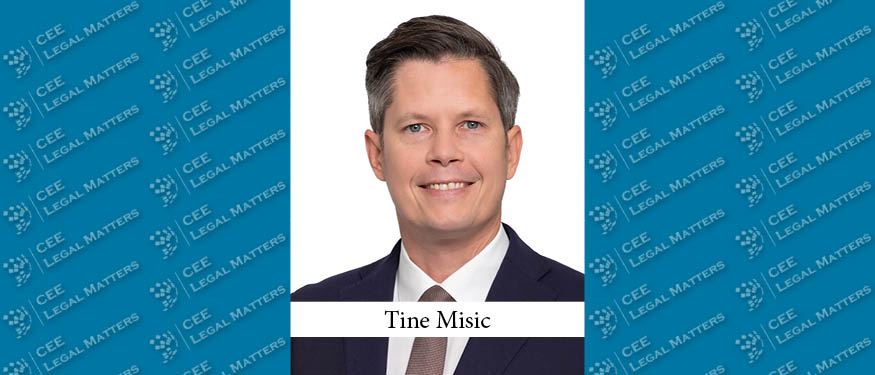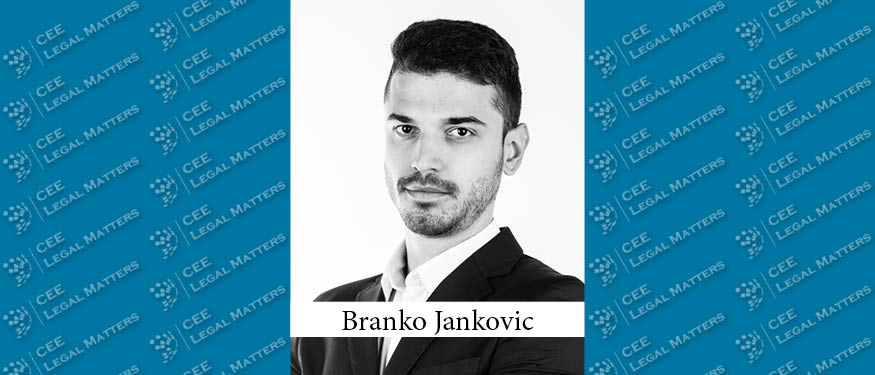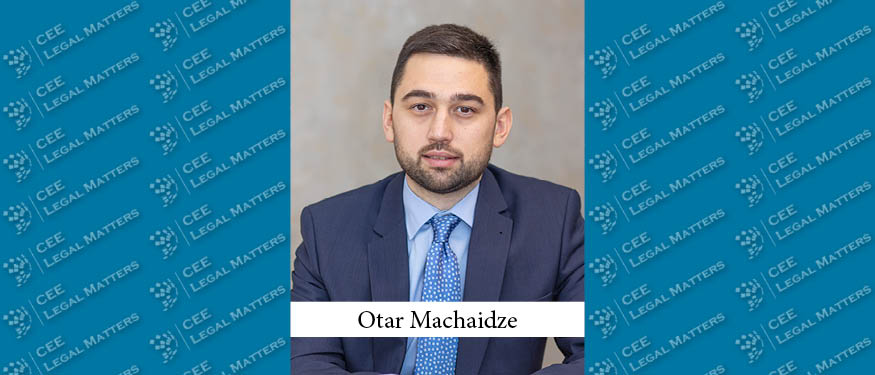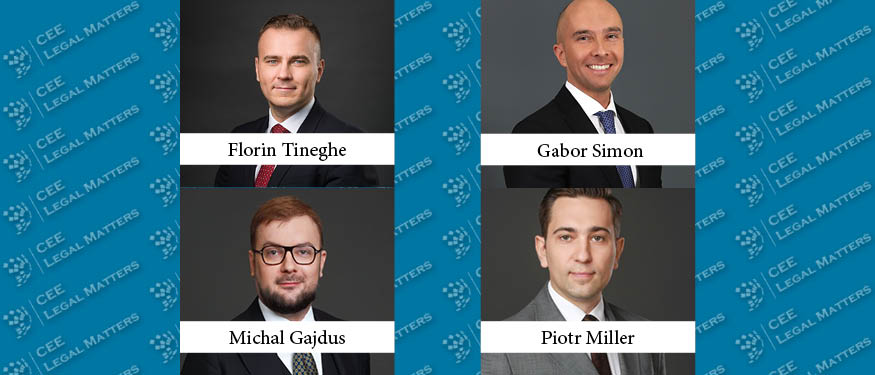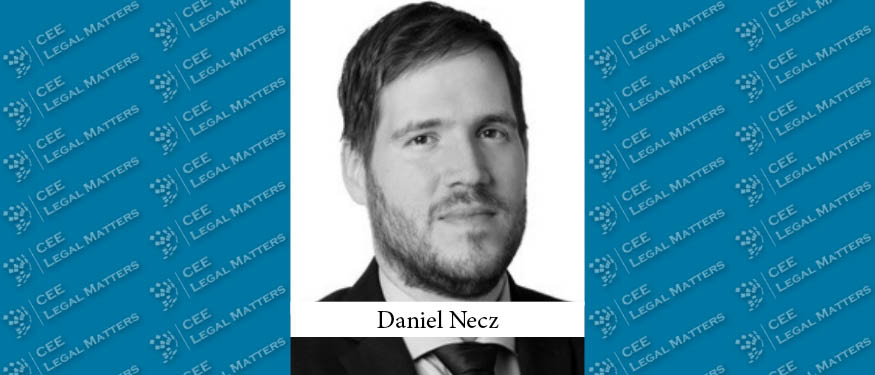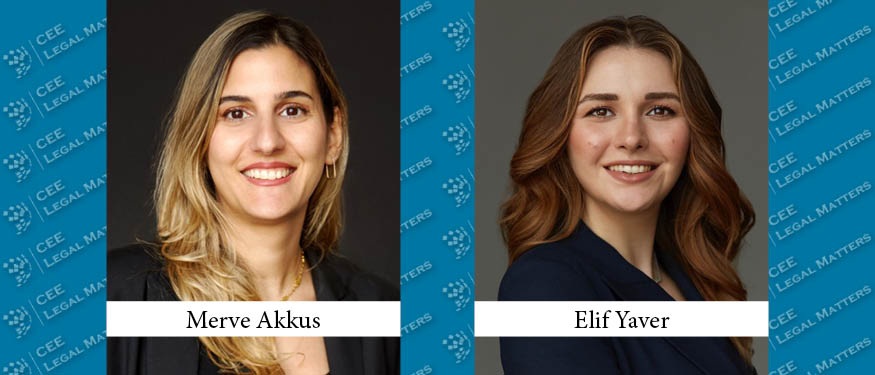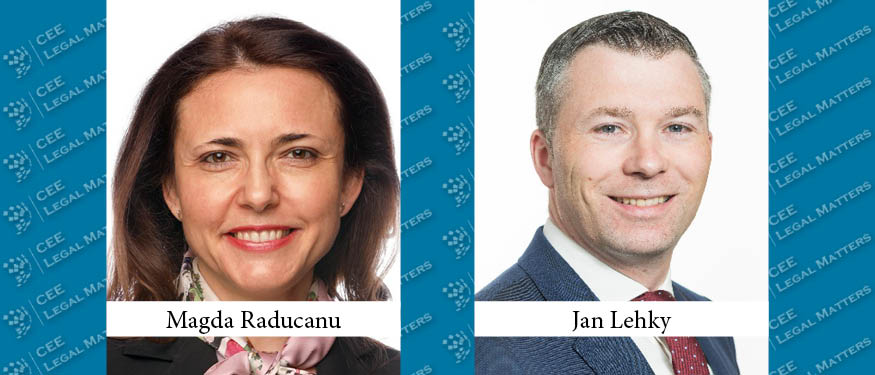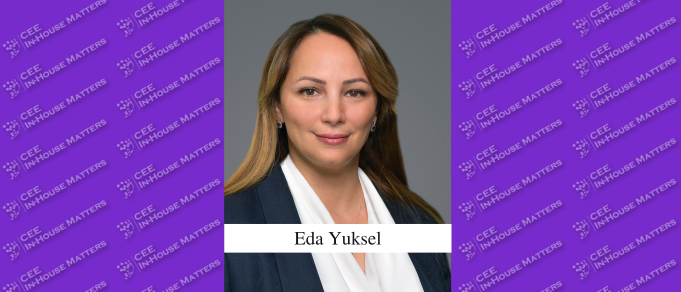Latvia has recently taken significant steps to amend its arbitration law, introducing a set-aside mechanism among other necessary changes. This article provides an overview of the background to these changes, the specifics of the new set-aside mechanism, and other amendments made to the Latvian arbitration law.
Czech Class Actions Series – Introduction
Class Actions Act in force: a game-changer in consumer claims enforcement against businesses in the Czech Republic?
DGKV Successful for Bulgarian Supreme Judicial Council Before the Supreme Administrative Court
Djingov, Gouginski, Kyutchukov & Velichkov has successfully defended the Bulgarian Supreme Judicial Council in a public procurement dispute related to the creation of an optimization model of the judicial map of Bulgarian courts and prosecutor's offices as well as the development of a unified information system of the courts financed under the Good Governance 2014-2020 program.
DGKV Defends Electrohold Sales in Energy Dispute Before Supreme Court of Cassation
Djingov, Gouginski, Kyutchukov & Velichkov has successfully defended Electrohold Sales in an energy dispute involving clawback and insolvency recovery claims brought by an insolvency creditor in the insolvency proceedings of Future Energy.
Joinder of Parties in Multi-Party Arbitration
Given the complexity of modern legal traffic, the complex economic structures are becoming a standard in today’s business transactions. There is an increase in business activities which include a larger number of participants. Accordingly, disputes involving more than two subjects are occurring ever more often - especially on the international level. In light of this, the ICC International Court of Arbitration even noted an increase in multi-party arbitrations stating that one-third of ICC cases today involve multiple parties.[i]
Legislative News from the Slovak Republic
We bring you a brief overview of important legislative news from the Slovak Republic that should not escape your attention.
Supreme Court: Overtime Work Can Exist Without Employer’s Resolution or Written Request
In an era where social media has become an integral part of daily life, the issue of privacy protection is gaining increasing importance. Typically, social media platforms offer mechanisms to control access to the content which individuals share on their profiles, including the so-called profile “locking”. On the other hand, content on “unlocked” profiles is accessible to an unlimited number of people, allowing anyone who visits a particular profile to view the content created or published by its owner.

